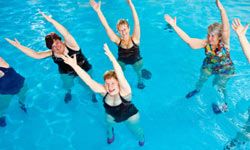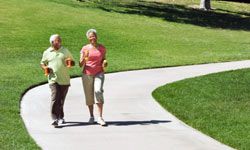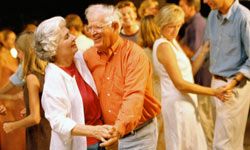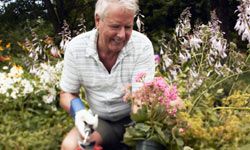Ah, the golden years. A time for chess, knitting and bingo, plus the occasional 4 o'clock dinner followed by a letter to the grandkids. Sound familiar? Probably not, because many of today's seniors are more likely to get moving, eat fresh veggies from their gardens and text the grandkids about the new pictures on their Facebook wall. Part of being an active senior might include activities like board games, sewing and dining out with friends, but hobbies for the older generation have long been crossing over into what all ages enjoy.
Are you a senior? If you're in your mid-40s you're considered a senior in some parts of the world, but by most Western estimates "old age" falls within the 60- to 65-year range and older because that's the age set for many insurance benefits and pensions [source: Encyclopaedia Britannica]. According to the U.S. Centers for Disease Control and Prevention (CDC), the number of people aged 65 or older will more than double by 2030, and ideas for improving the quality of life for those living longer means increasing activity [source: CDC]. Maybe a more important question than "Are you a senior?" is "Are you an active senior?"
Advertisement
Whether looking to increase passive activity by exercising your mind or to increase physical activity by exercising your body -- or both -- take a look at how seniors are redefining and even extending their later years.




